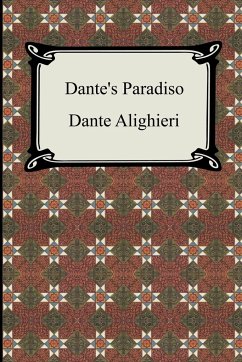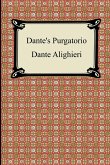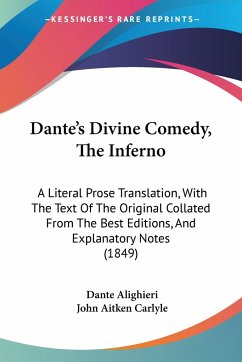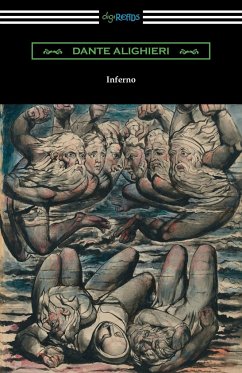The "Divine Comedy" was entitled by Dante himself merely "Commedia," meaning a poetic composition in a style intermediate between the sustained nobility of tragedy, and the popular tone of elegy. The word had no dramatic implication at that time, though it did involve a happy ending. The poem is the narrative of a journey down through Hell, up the mountain of Purgatory, and through the revolving heavens into the presence of God. In this aspect it belongs to the two familiar medieval literary types of the Journey and the Vision. It is also an allegory, representing under the symbolism of the stages and experiences of the journey, the history of a human soul, painfully struggling from sin through purification to the Beatific Vision. Contained in this volume is the third part of the "Divine Comedy," the "Paradiso" or "Paradise," from the translation of Charles Eliot Norton.
Hinweis: Dieser Artikel kann nur an eine deutsche Lieferadresse ausgeliefert werden.
Hinweis: Dieser Artikel kann nur an eine deutsche Lieferadresse ausgeliefert werden.



![Dante's Paradiso (The Divine Comedy, Volume III, Paradise) [Translated by Henry Wadsworth Longfellow with an Introduction by Ellen M. Mitchell] Dante's Paradiso (The Divine Comedy, Volume III, Paradise) [Translated by Henry Wadsworth Longfellow with an Introduction by Ellen M. Mitchell]](https://bilder.buecher.de/produkte/49/49140/49140855n.jpg)

![Dante's Purgatorio (The Divine Comedy, Volume II, Purgatory) [Translated by Henry Wadsworth Longfellow with an Introduction by William Warren Vernon] Dante's Purgatorio (The Divine Comedy, Volume II, Purgatory) [Translated by Henry Wadsworth Longfellow with an Introduction by William Warren Vernon]](https://bilder.buecher.de/produkte/48/48240/48240501n.jpg)


